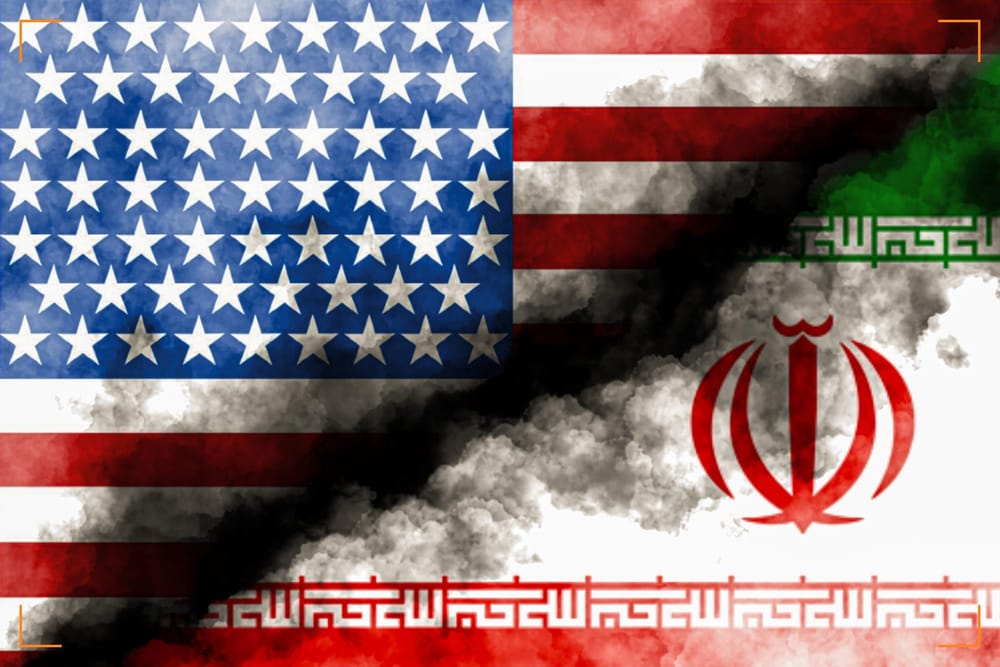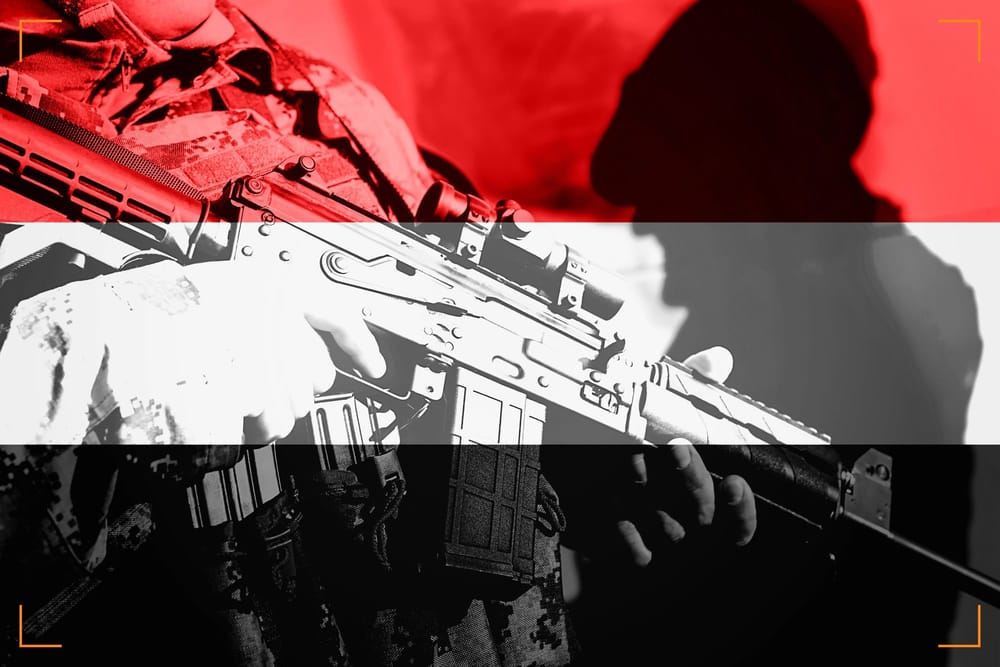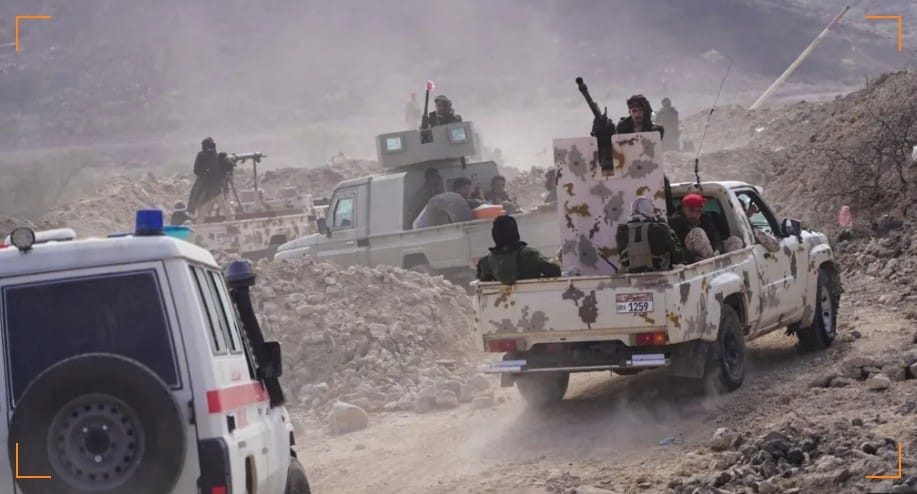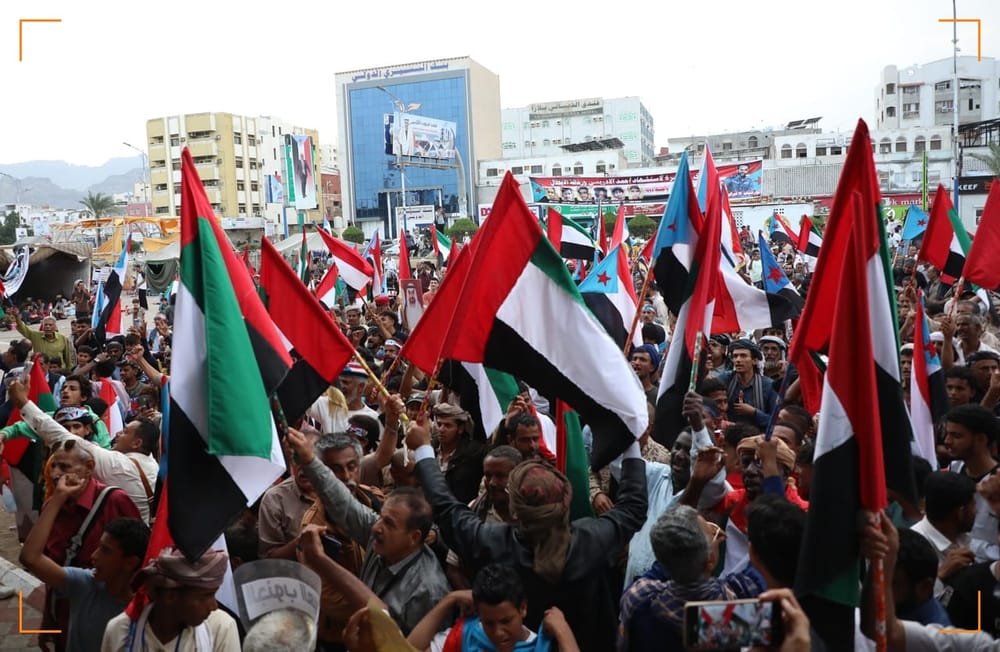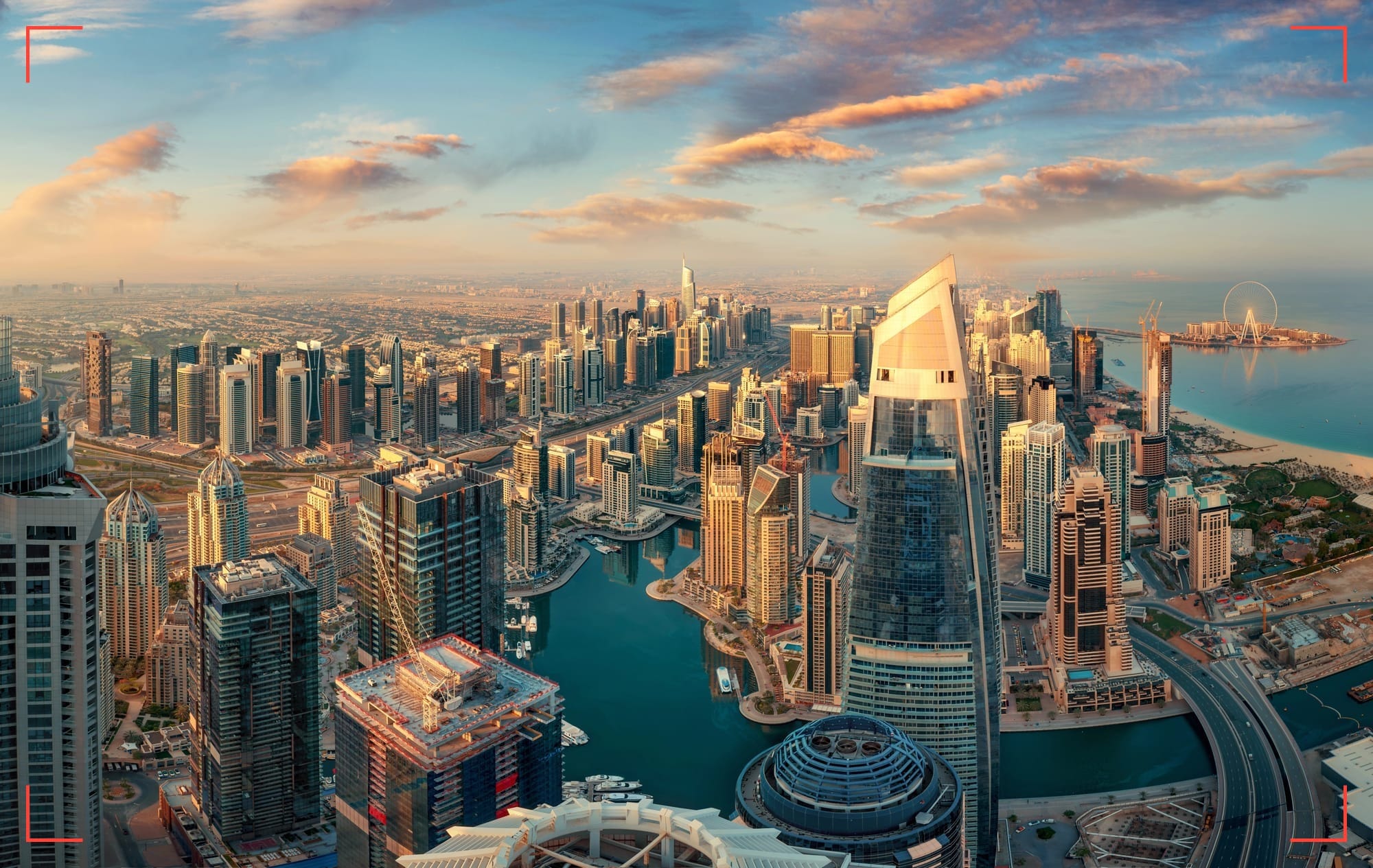
Report Details
Initial Publish Date
Last Updated: 28 JAN 2025
Report Focus Location: MENA
Authors: CM, SO
Contributors: GSAT
GSAT Lead: MF
RileySENTINEL provides timely intelligence and in-depth analysis for complex environments. Our global team blends international reach with local expertise, offering unique insights to navigate challenging operations. For custom insights or urgent consultations, contact us here.
Report Summary
This report examines the current geopolitical and security environment in the MENA region. Geopolitical developments have been marked by the UAE's agreement to take responsibility for Gaza's reconstruction, governance, and security following a historic ceasefire. Lebanon extended its ceasefire with Israel, though tensions persist as Israeli troops remain stationed in southern Lebanon. The United States, under President Donald Trump, has reignited foreign policy debates, lifting restrictions on arms sales to Israel and re-designating the Houthi rebels as a terrorist organization. Iran’s deepening ties with Russia through military cooperation and the acquisition of Sukhoi-35 fighter jets highlight ongoing challenges to regional stability. Security dynamics remain precarious, with violence persisting in Yemen, Lebanon, and Syria. The designation of the Houthis as a terrorist organization has polarized regional stakeholders. In Syria, the new government has clamped down on Hezbollah's weapons supply chains, signaling a potential shift in regional power dynamics. Meanwhile, Saudi Arabia’s pursuit of defense deals and regional investments underscores its expanding role in security and economic partnerships.
Socioeconomic factors reveal both opportunities and challenges. The UAE and Qatar are intensifying efforts to attract foreign investment, while Syria experiences an uptick in refugee returns following the Assad regime’s collapse. Conversely, Trump's proposal to relocate Palestinians from Gaza has faced widespread rejection, raising humanitarian and diplomatic concerns. Looking ahead, the region faces a delicate balance between opportunities for economic growth, driven by Gulf investments, and the persistent risks of political instability and conflict. Cooperation among regional and international actors will be crucial to fostering long-term stability.
Remaining content is for members only.
Please become a free member to unlock this article and more content.
Subscribe Now


